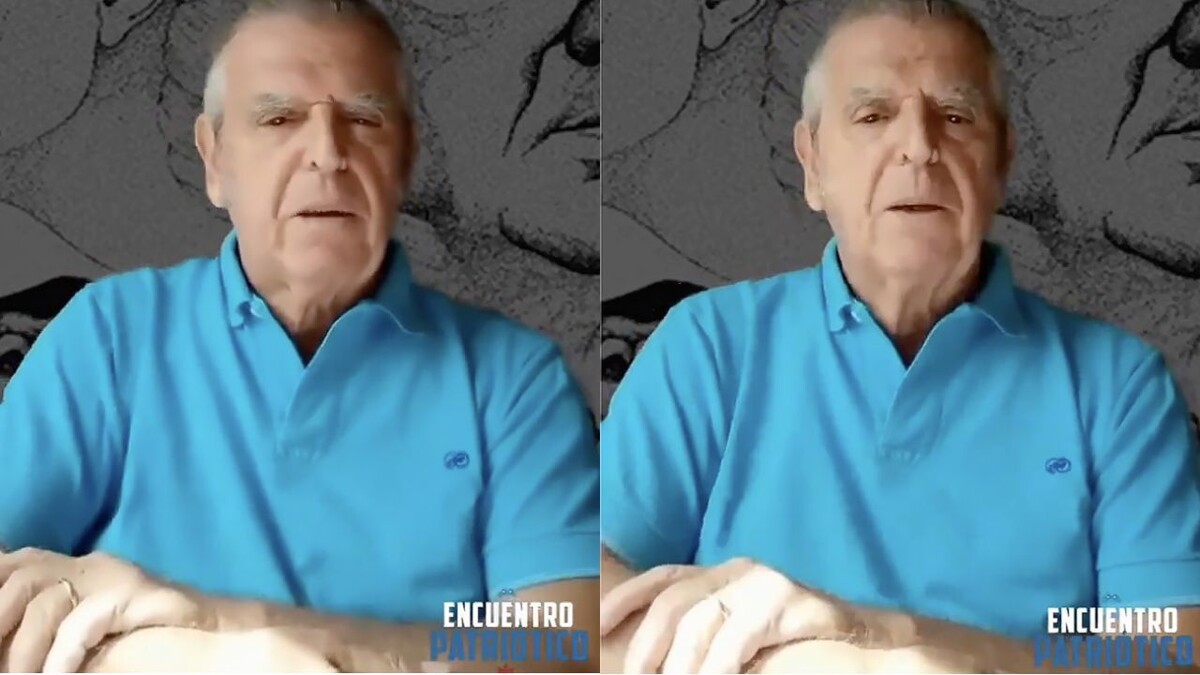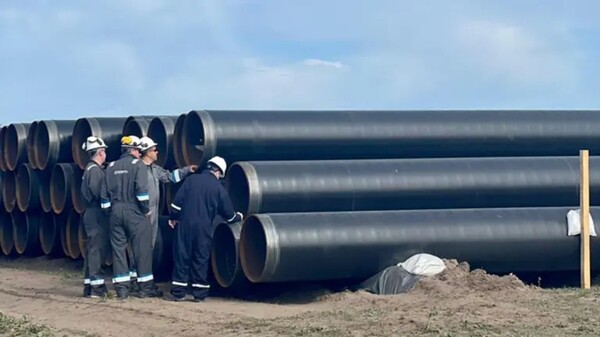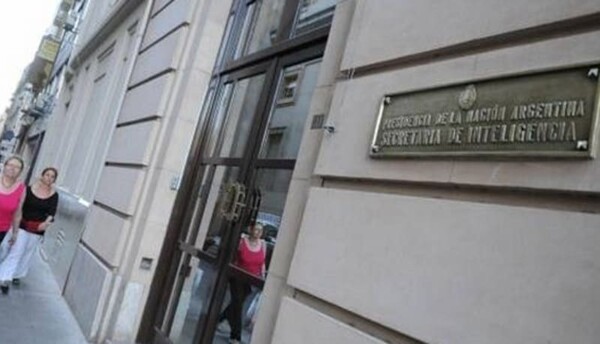
The former leader of the Montoneros, Mario Firmenich, has filed an appeal before the Federal Chamber of Cassation in response to his summons for an investigation related to the attack on the Federal Police cafeteria, which occurred in July 1976, leaving a toll of 23 dead and more than 100 injured. This ruling aligns with the stance of President Javier Milei and his Vice President, Victoria Villarruel, who advocate for the reopening of trials against the guerrilla movements of the 1970s.
Firmenich's defense argues that the case is time-barred due to the elapsed time, which opens a crucial debate about the responsibility of Montoneros and other guerrilla groups, such as the People's Revolutionary Army (ERP), in human rights violations. Ricardo Sain Jean, a representative of the victims' families, underscores that international courts have established that all human rights violations must be investigated, regardless of the ideology of those responsible.
The attack, carried out on July 2, 1976, is considered one of the bloodiest in Argentine history. The decision to summon Firmenich as an accused was made by the Federal Chamber of Buenos Aires, composed of judges Mariano Llorens, Pablo Bertuzzi, and Leopoldo Bruglia, in mid-December of last year.
Slokar, who was an official in the government of Cristina Kirchner, opposes the reactivation of the case. The Federal Chamber, in its December ruling, marked a significant change by ordering an investigation into the attack as a serious violation of human rights, breaking with previous doctrine that considered the lack of state involvement excluded the qualification of a crime against humanity.
The plaintiffs seek, at a minimum, the right to know the truth about those responsible for the attack. Currently, Firmenich resides in Spain, and his eventual repatriation is necessary to carry out the investigation. Hearings are expected to be summoned in the coming weeks to decide on the confirmation or rejection of the ruling.
This case continues to generate discussion and polarization in the Argentine political and judicial sphere, reflecting the ongoing tensions surrounding historical memory and justice related to the country's violent past. The reactivation of the investigation into the 1976 attack, executed with a Vietnamese-style bomb, marks a milestone, as it could set a precedent for other cases of guerrilla attacks during democracy.














